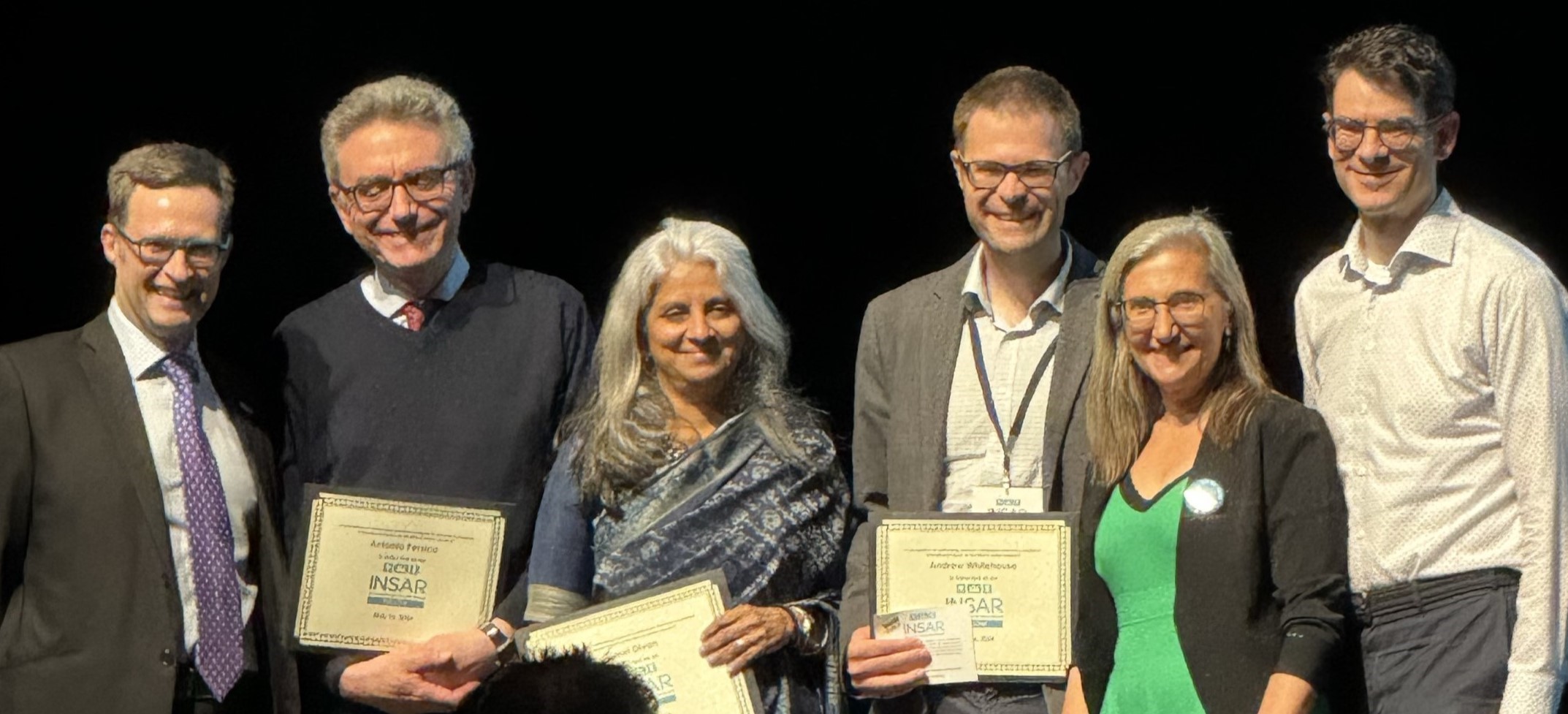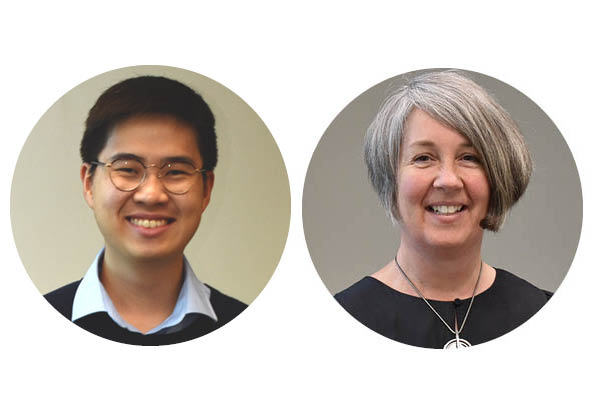Search

The CliniKids research team had a busy few days at the annual International Society for Autism Research (INSAR) conference held in Melbourne recently.

ENVISAGE is a free peer support program specifically designed for parents and caregivers of children aged 0-8 years with disabilities or developmental concerns. Term 3 dates now released.

Professor Andrew Whitehouse was recently inducted as a Fellow to the International Society for Autism Research, making him just the fourth Australian to be bestowed the honour.

There’s a couple of new faces at our Joondalup clinic! Mikali is a Speech Pathologist and Katie is an Occupational Therapist. Both are taking on new clients.

Are you tired of being on waitlists to access supports for your family? CliniKids has immediate availability for a number of therapies and programs in clinic (Subiaco and Joondalup) or via telehealth.
CliniKids currently has availability for psychology services

We are currently taking expressions of interest for CliniSibs in 2024.

Welcome to the team Clinical Psychologist Registrar Shane Lay and Operations Manager Pip Comiskey, who has replaced Leah Meehan while she is on parental leave.

In March we emailed all active clients a survey. The purpose of the survey was to understand how you see our service; understand what was important to you; find out what you would change, and see how likely you were to recommend or refer us.

Welcome to Natalie and Linda who have joined the CliniKids team. The clinicians work between our Subiaco and Joondalup clinics.
